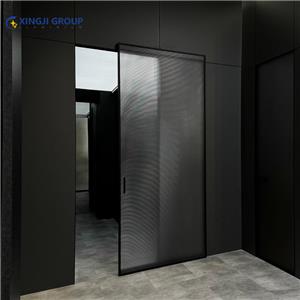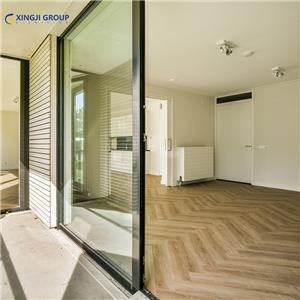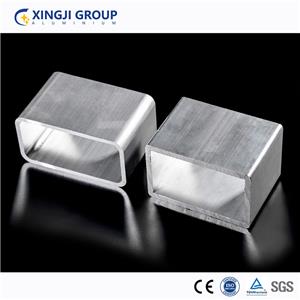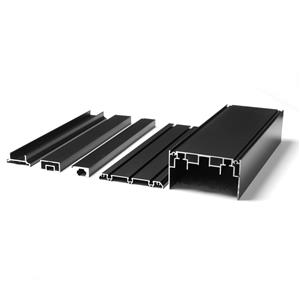What is the best door for bathroom?
Bathrooms demand doors that conquer humidity, space limitations, and constant use. While hinge door designs remain common, and options like PVC door for washroom flood budget markets, innovative metal casement doors—particularly aluminum casement door systems—deliver unmatched performance. As specialists in precision-engineered aluminum solutions, we dissect why material science and design innovation make aluminum the definitive choice for modern sanctuaries.
I. The Bathroom's Brutal Reality: Why Standard Doors Fail
Bathrooms are engineered stress-tests for doors:
Humidity Warfare: Steam penetrates materials, causing wood to swell, PVC door for washroom units to discolor, and cheap metal casement doors (like untreated steel) to corrode.
Space Efficiency Crisis: Traditional hinge door swings waste 30+ inches of clearance—unfeasible in compact layouts.
Thermal Cycling: Repeated expansion/contraction warps wood and cracks PVC joints.
Maintenance Burden: Porous surfaces trap mold; steel hinges rust; PVC yellows.

II. Material Showdown: Why Aluminum Casement Reigns Supreme
A. Aluminum Casement Door: The Moisture Impervious Champion
Inorganic Advantage: Unlike wood or PVC, aluminum won't absorb water. Its oxide layer inherently resists corrosion.
Structural Rigidity: Engineered alloys prevent warping—critical for glass casement door alignment and hinge door operation.
Finish Durability: Powder-coated aluminum casement door surfaces withstand bleach, steam, and UV rays without peeling (unlike PVC door for washroom).
B. Hygiene, Aesthetics & Longevity
Non-Porous Surfaces: Mold cannot root into aluminum—unlike PVC door for washroom textures or wood grains.
Design Versatility: Match aluminum casement door finishes (matte black, bronze) to hardware. Frosted glass casement door infills ensure privacy without darkness.
Lifecycle Value: A premium aluminum casement door lasts 30+ years; PVC requires replacement in 5–8 years.
III. Competitor Breakdown: Compromises You Can't Ignore
A. The PVC Door for Washroom Trap
Affordable but Temporary: PVC resists moisture initially but becomes brittle, scratches easily, and yellows irreversibly. Thermal cycling cracks seals.
Structural Flaws: Lacks rigidity for large glass casement door panels, causing sagging.
B. The Wood & Hinge Door Dilemma
Hinge door systems in solid wood swell, sticking frames. Maintenance costs surge with refinishing.
Limited glass casement door options due to framing instability.

IV. Specifying Your Optimal Aluminum Bathroom Door
1. Operational Mechanics: Hinge vs. Pivot vs. Slide
For classic operation, an aluminum hinge door with stainless-steel hardware offers reliability.
2. Glazing & Privacy: The Glass Casement Door Advantage
Double-glazed, argon-filled glass casement door units in aluminum frames reduce condensation.
Choose from etched, frosted, or switchable privacy glass.
3. Avoiding PVC Pitfalls: Why Metal Matters
Unlike PVC door for washroom units, aluminum won't degrade with UV exposure or harsh cleaners.
Aluminum's thermal stability prevents the warping that cracks PVC welds.
V. The Uncompromised Solution
The bathroom's extremes demand engineered solutions. While PVC door for washroom options tempt with low cost, and basic metal casement doors seem robust, only aluminum casement door systems deliver lifelong resistance to humidity, structural integrity for glass casement door configurations, and space-smart operation beyond a standard hinge door.
Aluminum's Triumph: It outlasts PVC by 4x, outperforms steel in corrosion tests by 300%, and enables designs wood cannot sustain. When specifying a glass casement door or pivot entry, aluminum isn't just optimal—it's essential.




